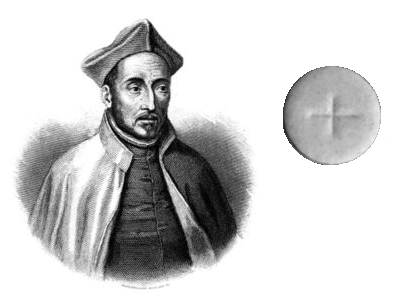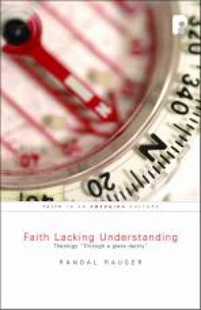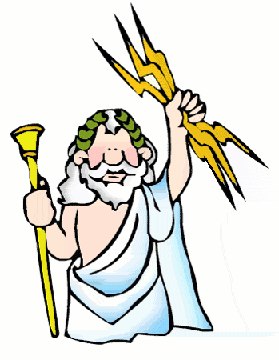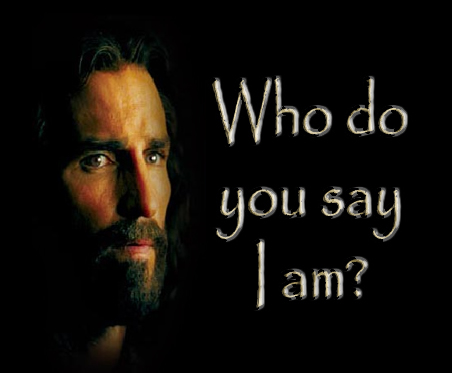SCORING THE BURKE – BOWMAN DEBATE – ROUND 3 Re-evaluated (DALE)
 The “Great Trinity Debate” has been interesting, exhausting, and a bit hard to follow. It would’ve been better to have somewhat shorter posts and required post-rebuttals. As it is, some of the debate has been tucked away in the comments of the posts, while the blog plugs away on other topics. This sort of substantial, quality content shouldn’t be hidden in comments.
The “Great Trinity Debate” has been interesting, exhausting, and a bit hard to follow. It would’ve been better to have somewhat shorter posts and required post-rebuttals. As it is, some of the debate has been tucked away in the comments of the posts, while the blog plugs away on other topics. This sort of substantial, quality content shouldn’t be hidden in comments.
I previously called round 3 a draw. But my call was premature; Burke kept punching, in a long set of comments (#4-15), which substantially strengthened his case. Bowman has left them unanswered for about a week, I believe, as I post this. I re-call this round now for Burke.
Revised score up through round 4:
Bowman: 0
Burke: 3
draw: 1
What he does is address some important texts which as usually read, assert or assume the claims that Jesus created the cosmos, or just that he pre-existed his conception. I can’t summarize Burke’s long exegesis, but I’ll hit a few highlights in this post. What he shows, drawing on some recent scholarship, is that the texts in question can be given non-arbitrary, plausible readings which are consistent with humanitarian christology.
Burke also rebuts some of Bowman’s points re: prayer to Jesus. Bowman argues that Christ can’t be a creature, and must be omniscient (hence divine), if he can hear and answer prayers. This argument is hardly a knockdown one.
Read More »SCORING THE BURKE – BOWMAN DEBATE – ROUND 3 Re-evaluated (DALE)

 In
In 
 In this post I venture to offer some debate advice: be very hesitant to accuse your opponent of a logical fallacy.
In this post I venture to offer some debate advice: be very hesitant to accuse your opponent of a logical fallacy.
 In my judgment, somewhat. Here’s an overview of his case, with some critical comments, and at the end I score the round.
In my judgment, somewhat. Here’s an overview of his case, with some critical comments, and at the end I score the round.













